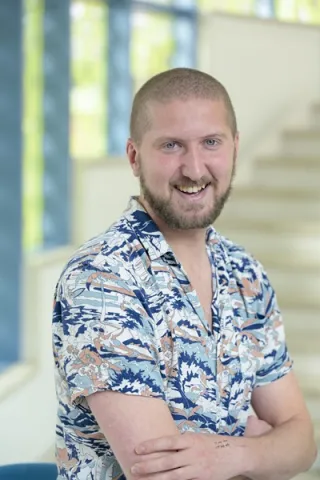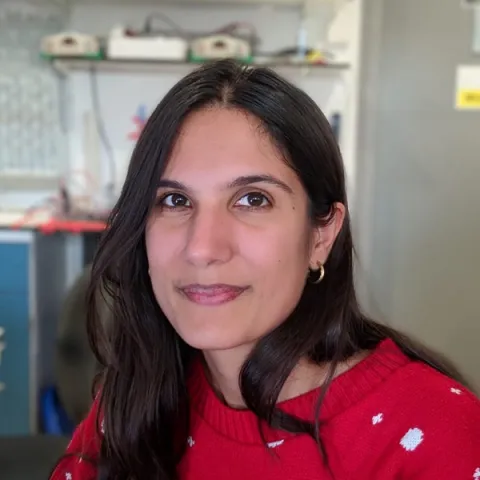About the project
This project aims to improve treatment outcomes for pancreatic cancer patients by delivering a combined prodrug and drug delivery technology to improve efficacy and decrease side effects during chemotherapy.
You will gain skills in synthetic and biophysical chemistry, as well as cell culture and biological assays. You will join growing and dynamic groups and benefit from access to expertise provided by an extensive collaborative network.
Difficult diagnosis and poor treatment response gives pancreatic cancer a dismal 5-year survival rate of around 10%. As many patients are diagnosed at stage 3/4, surgery can be impossible as a first line therapy. Chemotherapy can be used to shrink the tumour; however, the toxic side effects of this treatment can render patients too sick to undergo the lifesaving surgery.
You will work in our world leading chemistry and biosciences labs to gain expertise in:
- synthetic chemistry
- material characterisation
- flourescence and UV Vis spectroscopy
- 2D and 3D culture
- advanced flourescence microscopy
- 3D imaging
This research will combine recent advances in prodrug and material design to create cancer responsive hydrogels scaffolds to deliver drugs selectively and safely, improving their efficacy and reducing their side effects. These novel therapeutics will be tested using state-of-the-art 3D cell culture techniques and patient derived tissue samples. We aim to deliver a technology that will change the lives of pancreatic cancer patients.
This project will be split across the labs of Dr Williams (Chemistry) and Dr Prior (Biosciences). The Williams' lab applies chemical tools to solving medical problems, with a focus on detecting and treating cancer and microbial infections. The Prior lab develops organoid systems as models to investigate the molecular basis of cell fate changes during development, homeostasis, and disease progression. These include pancreas, liver, and small intestinal organoid systems.

